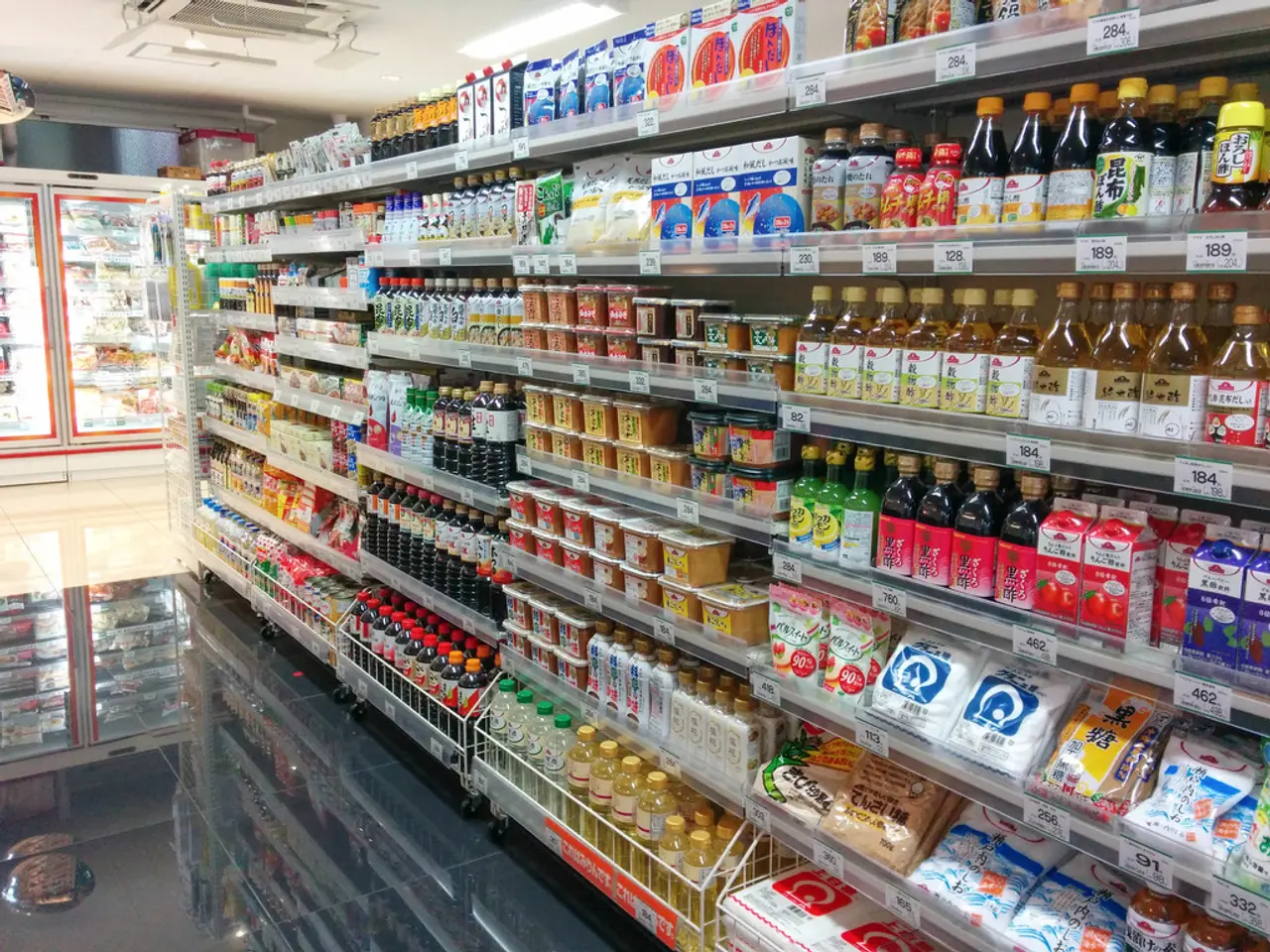Unveiling Success Stories: How Fast-Food Employees Climbed to Billionaire Status
In the world of business and finance, it's not uncommon to find individuals who have risen from humble beginnings to achieve extraordinary success. A fascinating trend among some of the world's wealthiest individuals is their connection to the fast-food industry, having worked in various roles before building their fortunes.
Byron "B.J." Bridgeman, a notable billionaire, is a prime example. During his NBA offseasons, Bridgeman worked as a drive-through cashier at Wendy's. His tenure in the fast-food industry didn't end there, as he later built a portfolio that includes over 520 fast-food restaurants, such as Wendy's, Chili's, and Fazoli's.
Matthew Davis, who works for Amazon Web Services, draws parallels between Amazon's demand-driven organization and the way McDonald's broke down demands into components. The similarities are not lost on venture capitalist Mark Stevens, who believes that working in fast food gives one an appreciation for hourly workers and teaches tenacity.
Forbes counts at least 14 billionaires who have worked at fast-food restaurants, including Binance founder CZ, Todd Graves, Swedish fintech billionaire Sebastian Siemiatkowski, and Russ Weiner, creator of Rockstar Energy drinks. Weiner, years before creating his energy drink empire, earned $3.50 an hour at a Wendy's in California. Mark Stevens, a venture capitalist who backed winners like Nvidia and LinkedIn, earned $2.50 an hour frying onion rings and french fries at Jack in the Box.
Shahid Khan, the owner of the Jacksonville Jaguars, worked as a pizza delivery person for a mom-and-pop shop, but he did not have a positive experience due to poor treatment from customers. In contrast, Jeff Bezos, the founder of Amazon, had a more positive experience working at a McDonald's restaurant in Miami during the summer of 1980. Despite tasks such as cracking eggs, flipping burgers, and cleaning bathrooms, Bezos applied lessons learned at McDonald's to building Amazon, focusing on systems, keeping operations lean, and delivering efficiently.
Andrew Cherng and his wife Peggy, a PhD in electrical engineering, started a Chinese restaurant in Pasadena, California in 1972. Their venture later became the quick serve chain Panda Express, which now has over 2,300 stores and brings in nearly $6 billion in annual revenue. Peter Cancro, the billionaire behind Jersey Mike's Subs, bought a small sub shop in Point Pleasant, New Jersey at the age of 17 with a loan from his football coach. Steve Ells, the founder of Chipotle, got the idea for his restaurant from San Francisco's taqueria scene and started it as a side project near the University of Denver.
Every billionaire interviewed agrees that they would gladly hire someone who has worked in fast food. Jensen Huang, the seventh-richest person in the world, worked at a Denny's in Oregon, where he washed dishes, bussed tables, and cleaned toilets. The experiences gained from working in fast food have proven to be invaluable, teaching lessons in teamwork, adaptability, and resilience.
In conclusion, the fast-food industry has played a significant role in shaping the lives of some of the world's wealthiest individuals. From lessons in efficiency and customer service to an appreciation for hourly workers, the experiences gained in fast food have proved to be a stepping stone to success in the business world.
Read also:
- Nightly sweat episodes linked to GERD: Crucial insights explained
- Antitussives: List of Examples, Functions, Adverse Reactions, and Additional Details
- Asthma Diagnosis: Exploring FeNO Tests and Related Treatments
- Unfortunate Financial Disarray for a Family from California After an Expensive Emergency Room Visit with Their Burned Infant








